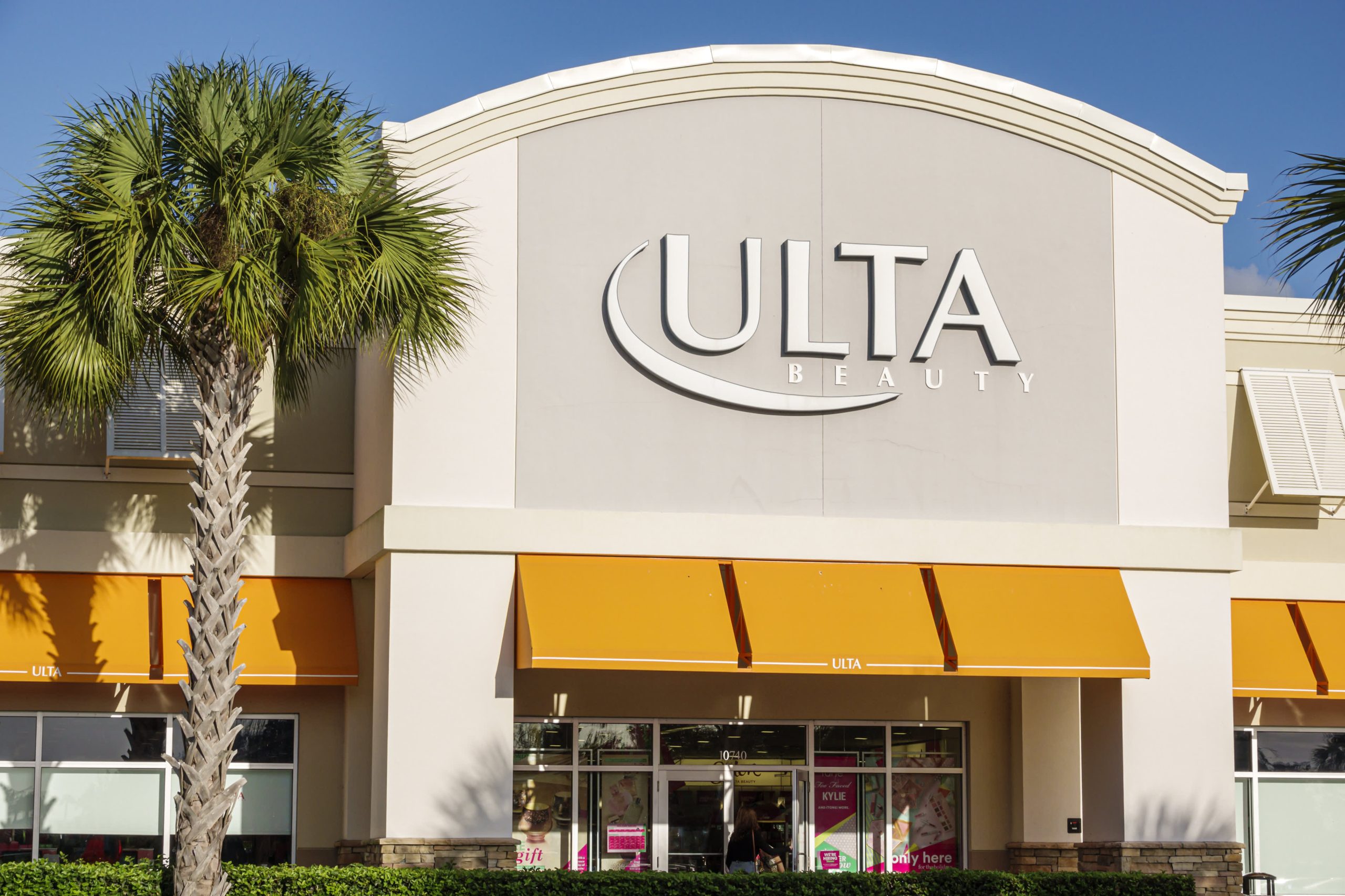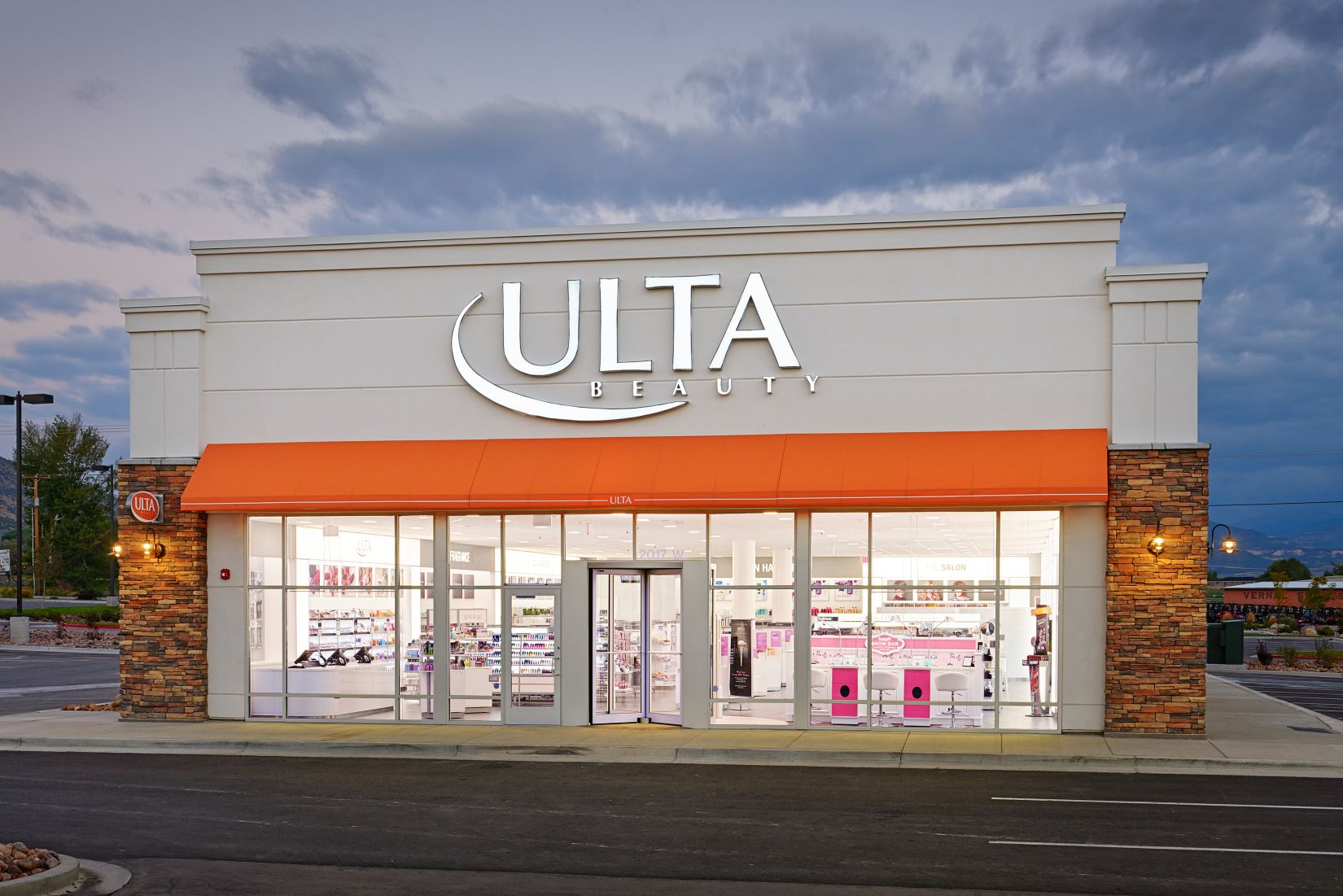Ulta Beauty CEO Dave Kimbell recently addressed concerns regarding organized retail crime, attributing part of the issue to e-commerce platforms.
In response to revealing a professional network of thieves utilizing Amazon to resell stolen cosmetics, Kimbell highlighted the challenges posed by online marketplaces.
While not directly commenting on Amazon, Kimbell emphasized that online platforms contribute to the problem by providing scale and opportunities for thieves to sell stolen goods more efficiently.
He noted the shift from traditional methods of selling stolen goods to sophisticated online channels, enabling broader reach nationally and internationally.
One case investigated Michelle Mack, accused of using her Amazon storefront to resell stolen goods. Alongside her husband Kenneth Mack, she faced charges related to organized retail theft, with authorities seizing suspected stolen goods worth $387,000, primarily sourced from Ulta.

Kimbell expressed concern over the scale of such operations, stressing the need for heightened awareness and action.
He highlighted the lack of consumer accountability in identifying stolen goods purchased online, underscoring the prevalence of the issue in the digital marketplace.
Kimbell urged online marketplaces to take greater responsibility in preventing the sale of stolen goods, emphasizing the importance of collective efforts in combating retail crime. He assured customers that Ulta maintains rigorous standards to ensure the legitimacy of its products, both in-store and online.
Amazon, in response to inquiries, affirmed its commitment to combating fraud and theft, investing significantly in detection and prevention measures.
While acknowledging its collaboration with law enforcement and retailers, Amazon underscored its “zero tolerance” policy toward the sale of stolen goods.

The extent of organized retail crime remains challenging to quantify, with industry associations noting underreporting and varied tracking methods. However, retailers like Ulta are increasingly vocal about the issue, implementing measures such as securing high-value items like fragrances to mitigate losses.
Kimbell stressed the impact of rising retail crime on Ulta’s workforce and operations nationwide. Despite growing concerns, Ulta has not yet closed any stores due to crime but remains vigilant in safeguarding its employees and customers.
The rise in retail crime, accompanied by concerns of violence, underscores the need for collaborative efforts among retailers, law enforcement, and online platforms to address the issue comprehensively.
Kimbell emphasized the importance of confronting these challenges to ensure the safety and well-being of retail workers and customers alike.







Leave a Reply